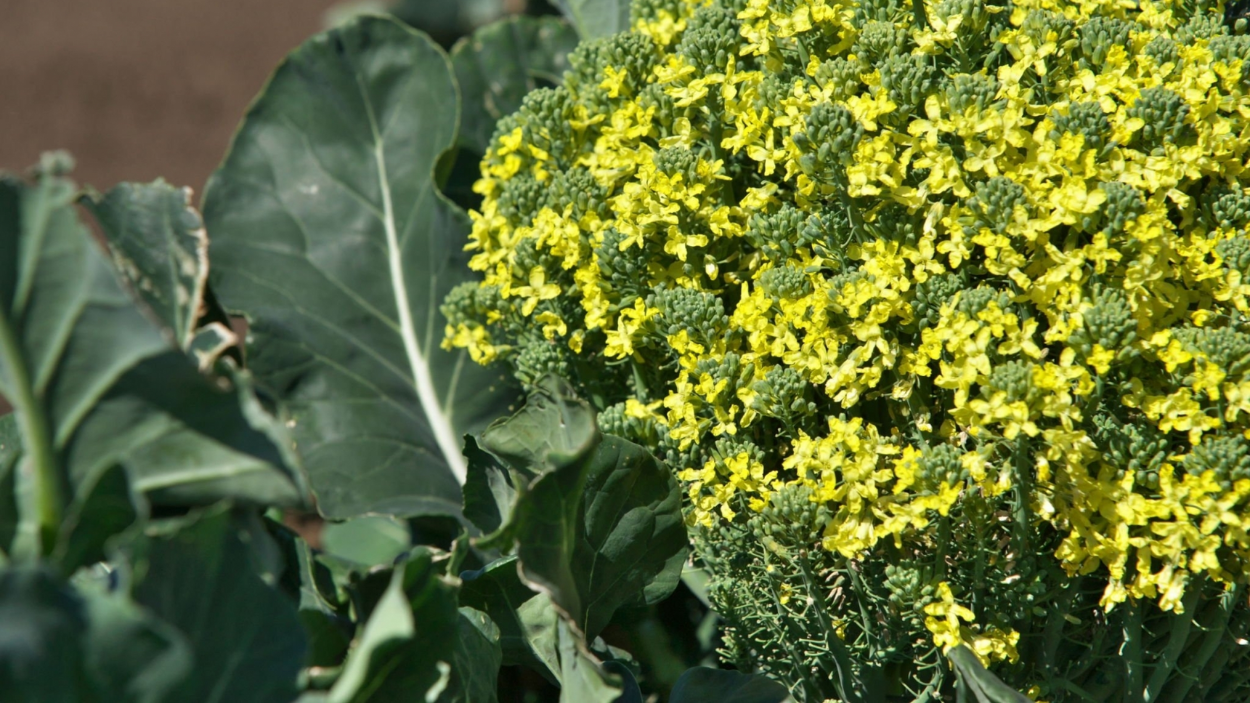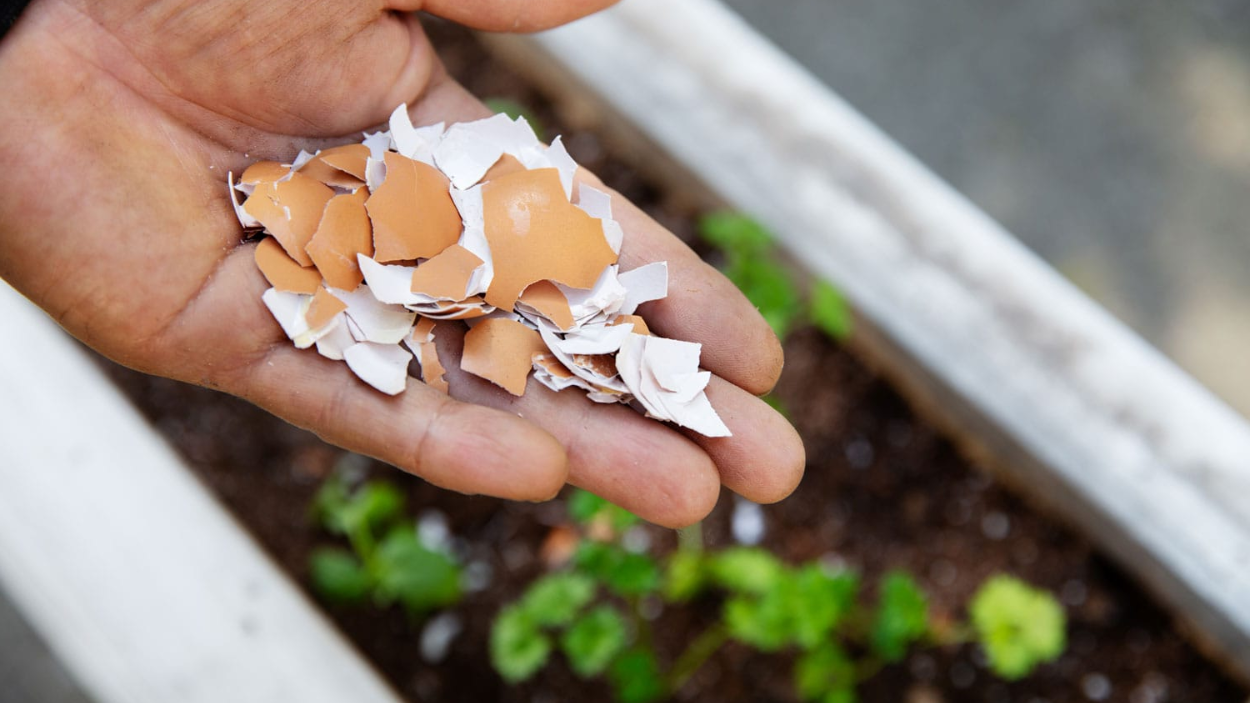NPK fertilizer is a kind of fertilizer that is necessary for soil fertility and plant growth. It contains nitrogen, phosphorus, and potassium, three crucial nutrients that plants require in significant amounts. We'll talk about what NPK fertilizer is and how it can help your plants in this article.
What is NPK?
NPK stands for nitrogen, phosphorus, and potassium, which are three essential nutrients that plants need to grow. These nutrients are often referred to as macronutrients because plants need them in large quantities. The NPK ratio is the ratio of these three nutrients in a fertilizer.
Nitrogen (N): The development of foliage requires nitrogen. It gives leaves their characteristic green hue and aids in the production of chlorophyll, which is essential for photosynthesis.
Phosphorus (P): The development of roots and flowers depends on phosphorus. It is important for the synthesis of ATP, which serves as the plant's energy source, as well as for the development of robust stems and roots in plants.
Potassium (K): Potassium is crucial for the general health of plants and aids in their resistance to stressors like disease and drought. It aids plants in building robust cell walls and controls the water balance in plants.
Are There any Risks Associated with Using synthetic NPK Fertilizers?
Synthetic NPK fertilizers can be harmful to the environment if they're overused or misused. They can contribute to water pollution and harm beneficial organisms, such as bees and other pollinators.
Can I use NPK fertilizer on all types of plants?
NPK fertilizer can be used on most types of plants, but it's important to use the correct NPK ratio for your specific plant. Some plants may require a specialized fertilizer that contains additional nutrients, such as calcium or magnesium.
How Often should I Fertilize my Plants with NPK Fertilizer?
The type of plant, stage of growth, soil characteristics, and weather conditions all affect how frequently you should fertilize your plants with NPK fertilizer. During the growing season, which normally lasts from spring to fall, it is advised to treat plants with NPK fertilizer every 4-6 weeks.
Additionally, it's critical to keep an eye out for symptoms of nutrient excesses or deficiencies in your plants, such as yellowing leaves or stunted development, and to change your fertilization schedule as necessary. Additionally, it is advised to perform soil testing regularly to determine your soil's pH and nutrient levels, which can assist guide your fertilizing techniques.
What are some common sources of NPK fertilizers?
Several common sources of NPK fertilizers are used in agricultural and horticultural settings:
Synthetic fertilizers: Synthetic NPK fertilizers are primarily produced by industrial procedures from inorganic chemicals. These fertilizers can be applied directly to the soil or foliage and are frequently offered in granular or liquid form.
Organic fertilizers: Natural ingredients including compost, plant matter, and animal manure are used to make organic NPK fertilizers. These fertilizers have the potential to gradually increase soil fertility and health while offering a slow-release source of nutrients.
Mineral fertilizers: Natural minerals like rock phosphate and potassium chloride are used to create mineral NPK fertilizers. When soil pH or nutrient availability prevents plants from absorbing nutrients, these fertilizers are frequently applied.
Foliar fertilizers: When plants are under stress or are deficient in nutrients, foliar NPK fertilizers, which are applied directly to the leaves of plants, can offer an immediate source of nutrients.
Final Thought
NPK fertilizer is a crucial instrument for fostering fertile soil and good plant growth. You can make sure your plants get the nutrients they need to thrive by using the proper NPK ratio in your fertilizer and adhering to the best fertilization techniques. Whether you select synthetic or organic fertilizer, it's critical to use it wisely and sparingly to reduce the impact on the environment.




